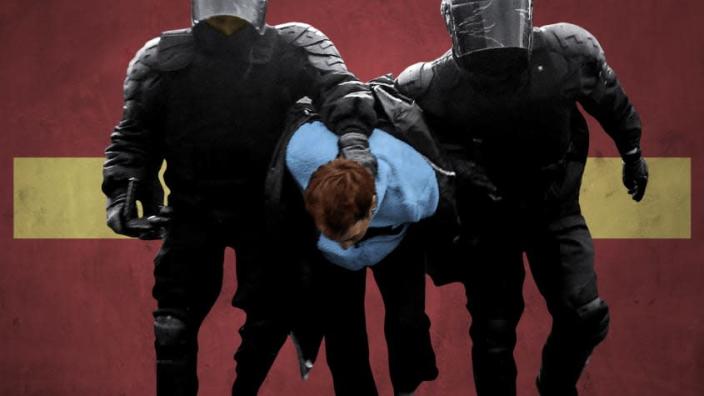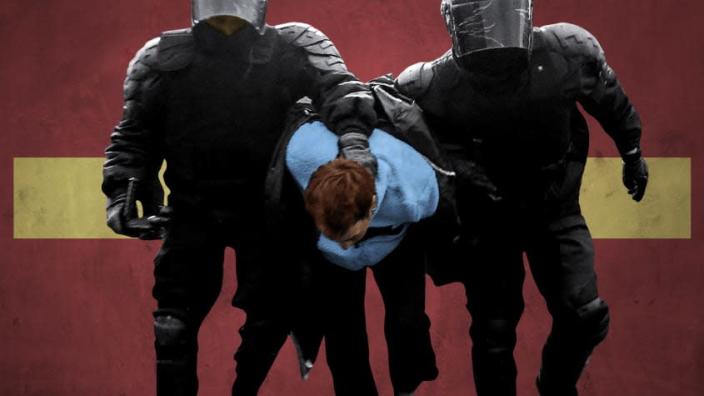
One of the more astonishing developments of the last week has been the sight of ordinary Russians taking to the streets to decry Vladimir Putin’s invasion of Ukraine. In a country where dissent can quickly get you imprisoned or even poisoned, it takes extraordinary moral courage to take a stand: As many as 5,000 protesters have already been arrested.
But does the world have the right to expect such courage from Russians?
Michael McFaul, who served as the U.S. ambassador to Russia during the Obama administration, thinks so. “There are no more ‘innocent’ ‘neutral’ Russians anymore. Everyone has to make a choice — support or oppose this war,” he wrote Wednesday morning on Twitter. “The only way to end this war is if 100,000s, not thousands, protest against this senseless war. Putin can’t arrest you all!”
That’s glib, morally preening nonsense.
In the United States, the slogan “silence equals complicity” has become something of a cliche when brandished by lefty activists. And to some extent it might even be true, but only because we live in a democracy where, supposedly, nearly all citizens have a say in the country’s governance. The bar for moral courage isn’t quite on the ground here — lots of people were badly injured or snatched up off the streets during the Black Lives Matter protests in 2020, for example — but there is still a lot of room for dissent.
It’s a mistake to transfer that either/or mindset to an autocracy like Russia. Even the country’s oligarchs have sometimes paid for getting on the wrong side of the government. For many people there, it is not the case that silence equals complicity — it’s survival. And given the sudden devastation of Russia’s economy following the invasion, that survival has just gotten a lot more difficult. Vladimir Putin is guilty of invading Russia; pronouncing a shared collective guilt upon millions of people who might just be trying to get by while keeping their heads down is unfair and unjust.
We should welcome and celebrate Russians who, knowing the costs of dissent, get out and protest. (Opposition leader Alexander Navalny — who knows a thing or two about those costs — has already encouraged his countrymen to rise up.) We might even encourage that dissent, and indeed that might be one of the aims of the new sanctions regime. But we Americans have no right to demand Russians risk their lives in the face of incredible power, or to judge them for not speaking up, especially if we’re sitting across the ocean and bearing none of the risk.
You may also like
Belarusian president displays map suggesting Putin plans to attack Moldova




